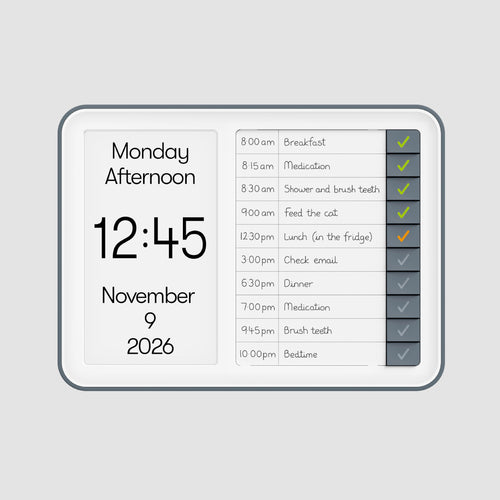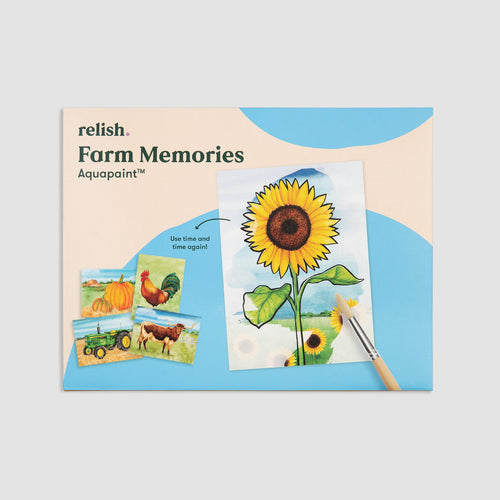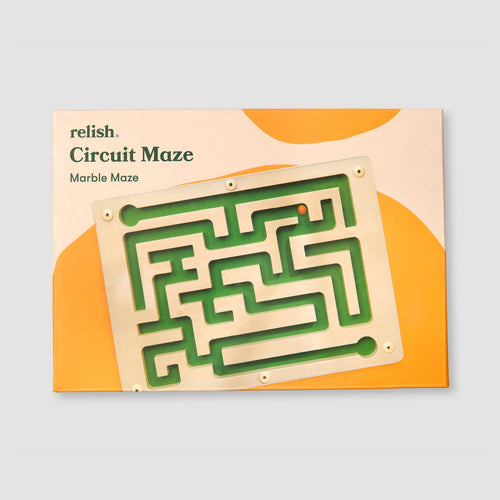For people living with dementia, the faculties that humans use to rely on become compromised — from memories to awareness to emotions. However, most humans have five senses and are able to process some of the stimuli within their environment(s) at a given moment. From sounds to images, tastes to smells and odors, or the tactile feeling that a sentimental object or gentle hand provides, these can work as positive triggers that can provide joyful experiences for friends or family members living with dementia.
Stimulating Sensory Perception Humans are inundated with stimuli every second of every day, however for someone living with dementia or Alzheimer’s, the synapses in the brain are diminishing and so the person’s awareness dwindles. Dementia eventually leads to [memory loss](How Does Sensory Perception Pertain to Individuals Living with Dementia?), the inability to communicate, and even limitations in mobility. All of these events can have a debilitating effect on mood, self-esteem, and overall temperament or personality. However, activities that appeal to the senses, such as a light massage with a scented lotion or candle to listening to relaxing music or taking an outdoor stroll during a warm day for a simple change of scenery, can turn into a wonderful or meaningful interaction.
Linking activities to sensory stimulation is most successful when tapping into prior interests, hobbies, or pastimes that the person with dementia or Alzheimer’s had prior to development of the condition or disease. Customizing the sensory activity to the person’s experiences, likes, and preferences is the best way to garner interaction and spark emotions or possible connections. For example, particular objects may trigger memories or some type of recognition; reading a poem or literature excerpt may pique his/her interest; singing a song may jog a memory; or bringing food for him/her to try may satiate a particular craving that he/she may not be able to express.
Health-Boosting Benefits
Sensory perception can foster connection and engagement on the part of the person living with dementia and any present or visiting friend or family member. By introducing pleasing sounds, scents, images, or objects to a person with dementia or Alzheimer’s, he or she can enjoy a sense of comfort, elicit calm and relaxed feelings, and maybe even beget moments of elation. Sensory perception can also facilitate communication, whether it be a smile, laugh, or even an expression of affection like a hug or a kiss.
The psychological and physiological benefits are myriad. While an activity with a person with dementia may seem fleeting, the experience and significance behind it can outlast its duration. Data also suggests that sensory perception improves cognition and contributes to improved daily function. It also encourages socialization and yields more effort at communication, whether it be oral or through body language. Lastly, sensory perception can provide better opportunities for increased concentration, focus, alertness, and awareness in people living with dementia.
Materials and Activities that Benefit People with Dementia
Many resources exist that can be introduced to people with dementia or Alzheimer’s, however, there are some that are specifically designed for this population and are even tailored for the different stages of dementia progression. Some of these include:
- Sensory Matching — Games with a Tactile Twist
- Fidget Widgets — Tools for Calming Busy Hands
-
Sensory Packs — Collections of Soothing Scents & Sounds
These tools can evoke positive memories and emotions while encouraging interaction. Sensory stimulation is intended to bring joy, reduce anxiety and depression, increase communication, and elicit engagement.
For more information on our sensory-stimulating series and perception-pleasing resources for people living with dementia or other memory loss conditions, please visit Relish-life.com where you can view our digital catalog or even download our free app for families and caregivers.






















